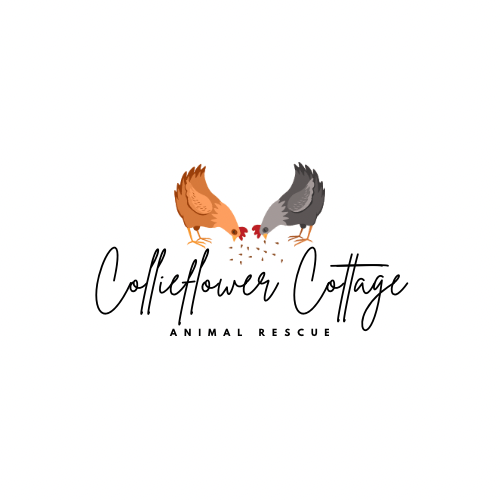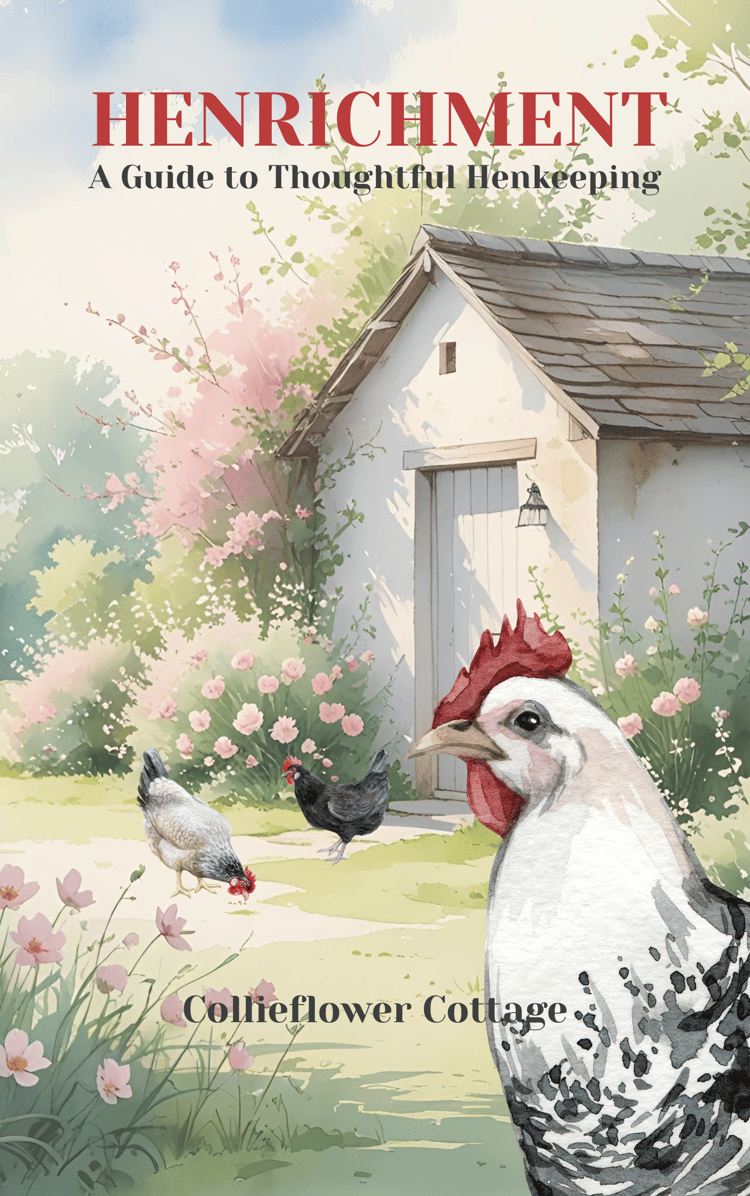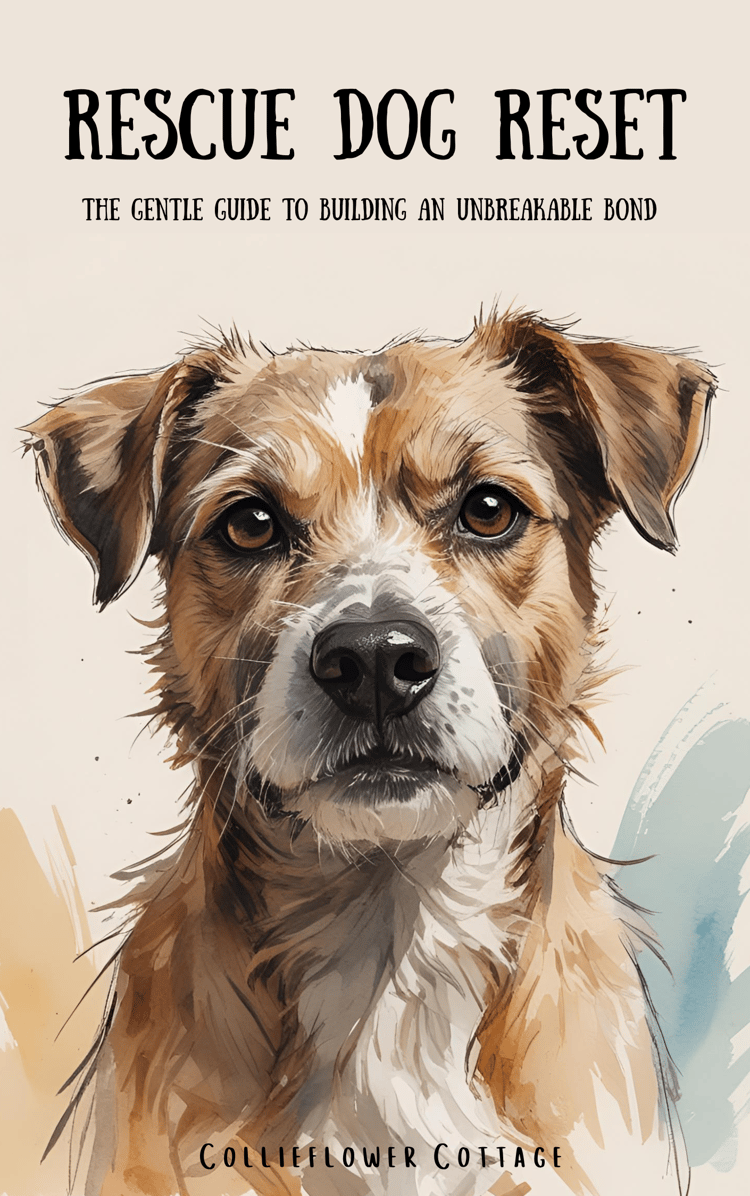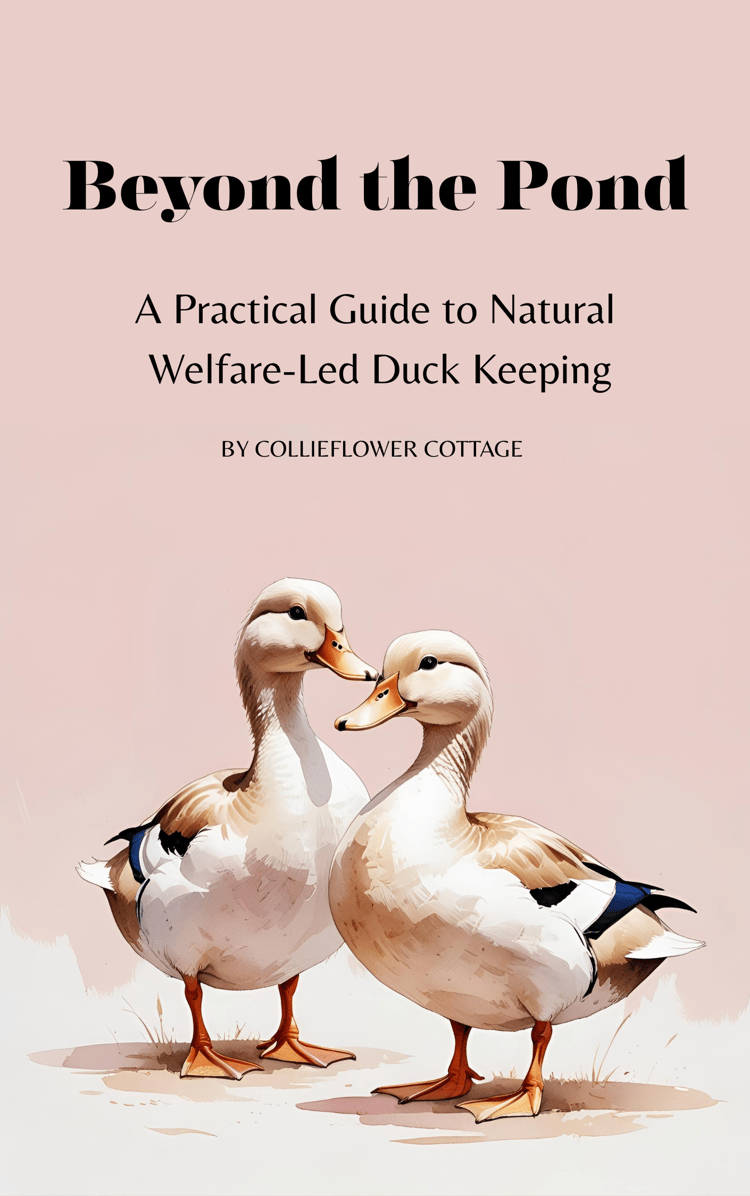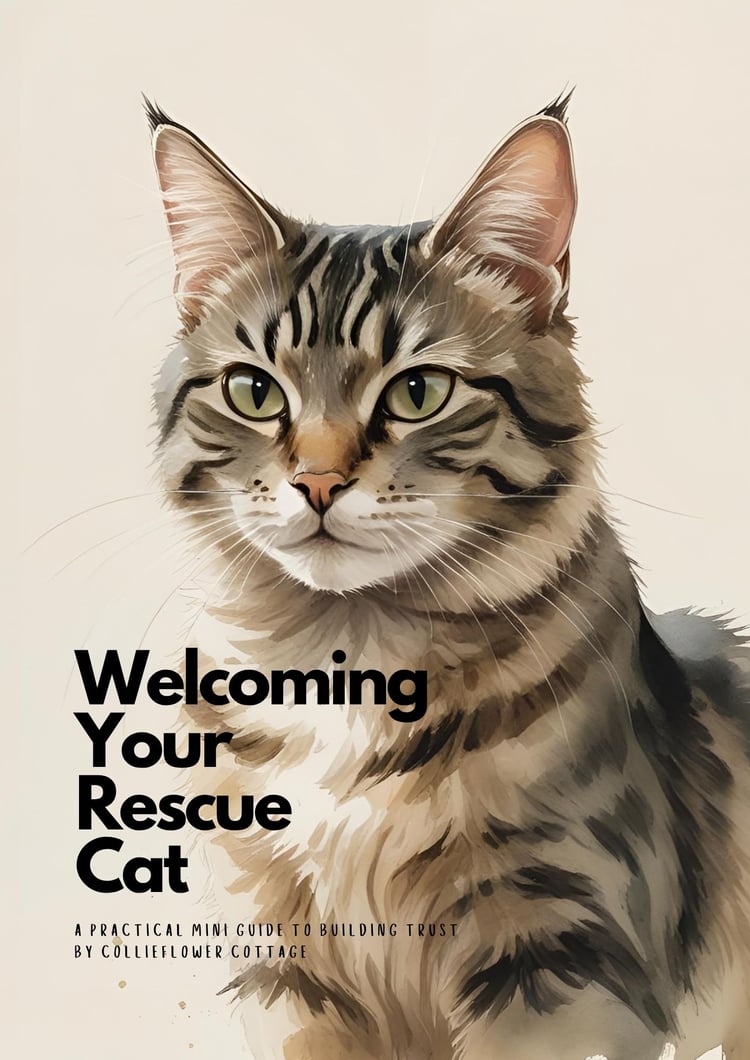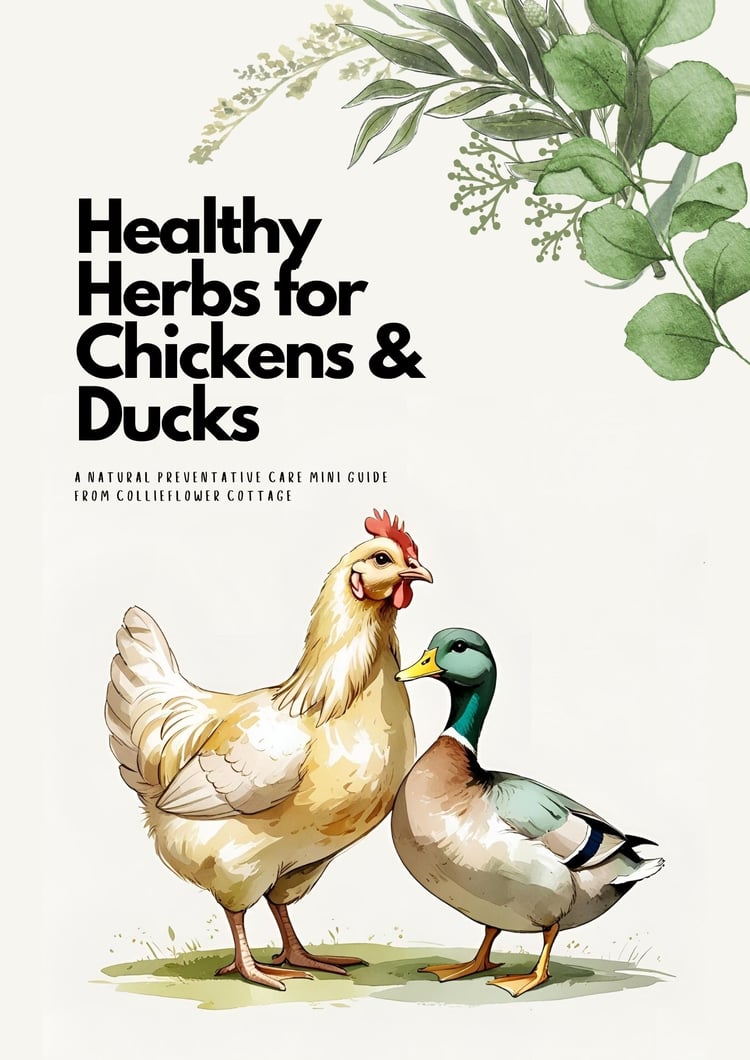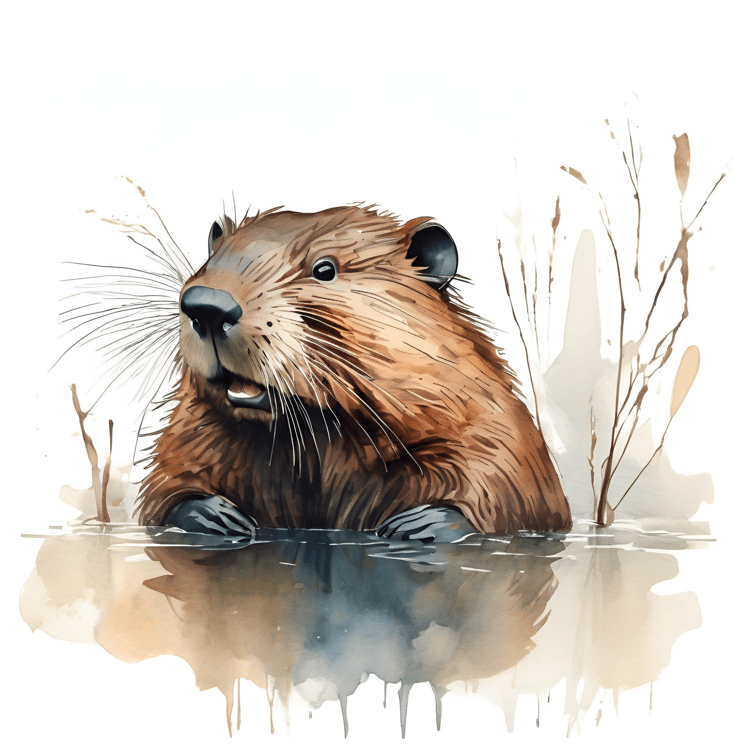There’s something undeniably charming about the idea of chickens scratching around the garden or ducks waddling across the lawn. It’s no surprise more people are considering poultry as part of their household — whether for eggs, companionship or the lifestyle they represent.
But chickens and ducks aren’t just ornaments or egg providers. They’re living, social, intelligent animals with complex needs. Keeping them well requires planning, commitment and a willingness to put their welfare before convenience.
Hatching Eggs
Hatching chicks or ducklings might seem like a wholesome project, especially for children. But something crucial is often missing from that picture: their mother.
In nature, chicks and ducklings are guided every step of the way by their mother. They don’t just appear and thrive — they learn what to eat, when to rest, how to stay safe and how to interact with other birds. They shelter under her warmth, follow her lead and form a powerful bond. When we hatch birds in incubators, we strip all of that away. No maternal comfort. No guidance. No role model. Just machines and artificial lights.
When this happens to dogs we call it puppy farming — and rightly so. But producing young animals without thought for their long-term welfare or social development causes suffering, no matter the species.
Add to that the problem of unwanted males and it gets even messier.
The male problem — and the reality of flock dynamics
Every fertilised clutch of eggs has a 50/50 chance of producing male birds — and many people don’t want them. Roosters and drakes can’t be kept in unlimited numbers, especially alongside females. An incorrect balance leads to stress, injury and aggression. Flocks are nuanced communities; one or two males with the right number of females can work — but it requires space, management and sometimes separation.
If you don’t want male birds in your garden, the question becomes: who do you imagine is responsible for them? Because every unwanted cockerel or drake came from someone who didn’t plan for them.
Hatching might seem innocent, but it often adds to a growing problem of birds no one is prepared to care for.
Eggs aren’t a good reason on their own
Chickens and ducks lay eggs — but not reliably, not forever and not on demand. Production naturally drops off with age, weather, daylight and health. Some rescue hens may never lay again. Many owners quickly lose interest once the egg basket is empty.
If your motivation is mostly eggs, it's worth stepping back. Poultry are companions first. If you're not willing to care for them when they're older, slower or no longer laying, they’re not the right animals for you.
Your garden will never be the same — and that’s OK
Both chickens and ducks are enthusiastic diggers, foragers and destroyers of neat flower beds. Chickens will turn a patch of grass to bare soil in days. Ducks can level a garden even faster, especially if it’s damp. They trample, nibble and root — it’s all part of their joy.
Ducks especially need water — not just buckets to dip their heads, but proper swimming water for their feathers, their behaviour and their wellbeing. A child's paddling pool or small pond is a good start — but it’ll get muddy, messy and need cleaning often.
In winter, things get harder. Frozen water bowls, frozen hosepipes and biting wind make daily care more demanding. Waterfowl still need to bathe, even when the air is freezing. Chickens still need cleaning, feeding and protection from icy drafts. Your birds will rely on you year-round — even when it’s dark by 4pm and your wellies are permanently soaked.
Indoor ducks are not cute — they’re deprived
There’s a trend online for “house ducks” in nappies, waddling across laminate flooring. But ducks aren’t lap pets. They need mud, grass, sunshine, wind and water to dabble and preen in. Keeping them indoors may look charming for a moment but it denies them everything that makes them ducks.
Vet care, social needs and real commitment
Before bringing home poultry, check whether there’s a vet nearby who treats them. Not all do, and that becomes a problem when your bird injures a foot or gets egg-bound. Chickens and ducks need proper healthcare, just like cats and dogs. Without a suitably qualified vet nearby, many people turn to social media for advice meaning birds suffer all manner of whacky treatments in substitute for proper care.
They also need the right companions. No chicken or duck should live alone. They need the company of their own kind, space to roam and a safe, secure, comfortable place to rest at night. They’re not low-maintenance pets — they’re complex, social animals with real emotional and physical needs.
Final thoughts
Chickens and ducks can be some of the most rewarding animals to care for — but only when we’re prepared to meet them on their terms, not ours.
If you’re ready for a messy, muddy, funny, feather-filled adventure and you’re willing to put their welfare first, you might just find poultry are the most characterful companions you’ll ever meet. But if you’re not sure — that’s OK, too. Not every animal is right for every home. What matters most is making that choice with honesty, care and long-term thinking.
Our articles are free because we want as many people as possible to think about animal welfare. You can support our mission to provide sanctuary to more animals and tell more of their stories by visiting our store, sending a gift or sharing our articles on social media
